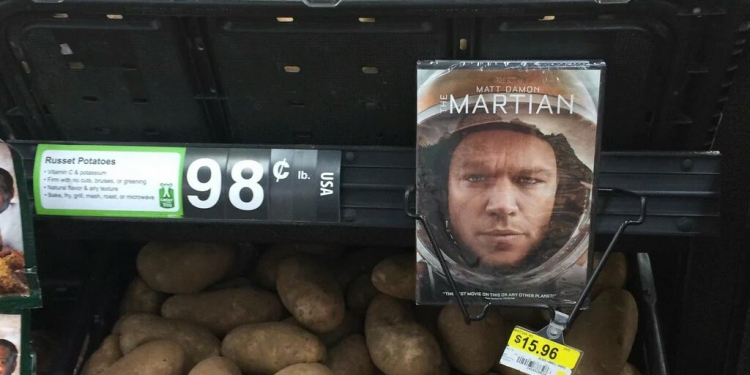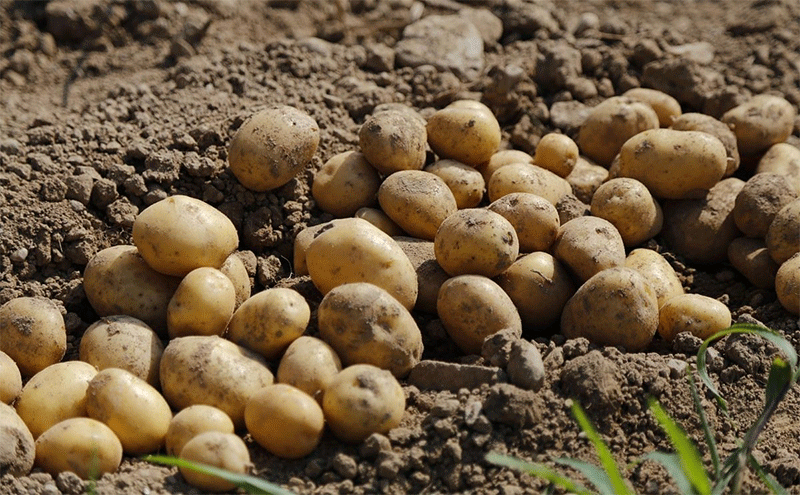It is established that good market access is a driver of a sustainable potato production. To have a permanent market for a continuous potato supply, linking farmers to traders, big supermarkets, hotels, and processors is imperative. We witnessed that effective market linkage of the Kabale (Uganda) Nyabyumba United Farmers Group (initiated and implemented by CIP, when it was successful others such as Africare joined) that produces potato for a fast-food restaurant in Kampala Nandos that specialized in French fries resulted in a sustainable potato production and farmers as well as the restaurant greatly benefited. Similarly connecting farmers in Bomet (Kenya) to a processor called Tropical Heat (also called DEEPA Industries) that exports processed potatoes to UK in 2010 helped farmers to get a permanent market for their potato, encouraging them to produce high quality ware potatoes and increase their income. The company also benefited by reducing losses and improving the quality of their products (crisps) and hence profit. Prompted by the success of this company, several others started engaging farmers in contract farming to produce potatoes for them. Such contractual agreements assist farmers to have the much-needed cash for purchasing fertilizers and other inputs to increase potato productivity. However, the one big challenge faced in contractual agreements was failure in honoring the agreements by farmers and processors alike. Farmers were tempted to sell their potato to others when they got higher prices than stated in the agreement. Processors, sometimes rejected potatoes supplied by the farmers on pretext of the produce not meeting the quality standard. To overcome such problems, regular discussions between farmers and processors and revising the contractual agreement every three months to update the price was found useful. The processor was paying 5% more than the prevailing price at the time of signing the agreements.
The export market, particularly for processed potatoes is increasing at a fast rate. Currently, more potatoes are processed in response to increasing demands from the fast food and convenience food industries that ensued from the growing urban populations, diversification of diets and lifestyles that do not leave sufficient time to prepare fresh food for consumption. This trend increased the demand for processed products, particularly frozen and dehydrated potato products, from which developing countries have not had their fair share, especially in the export market. Exporting fresh and processed potato products to developed countries from SSA is extremely difficult because of enacted high unfair standards and tariff. There is, however, room for substituting huge imports of potato processed products by developing countries and a chance for exporting to neighboring countries within Africa and the Middle East. Exports of both fresh and processed potatoes between neighboring countries in Africa is not very well documented as the borders are porous and exchanges happen unofficially. To determine real contributions of potato to a country’s economy, exports between neighboring countries have to be streamlined. This will also reduce uncontrolled movements of potatoes that carries a high risk of disease transmission.
For a successful marketing, constant supply of quality produce, having a collection center, organizing farmers in groups to both produce and market together, effective capacity building and creating trust among the members are vital. Although small farmers have fragmented and small land holdings, land can be consolidated, as it has been successfully executed in Rwanda. Consolidated production allows mechanization and efficient control of pests and diseases, improves access to credit and enables effective marketing. Ethiopia is implementing a similar action with its Agricultural Commercialization Clusters (ACC) approach, which also consolidates production and promotes collective marketing. This is a one sure way to transform smallholder farming to commercial farming.
Kisima Farm produces about 4000 MT of potatoes of which 75% is in acceptable seed-size category. Most of its seed is sold to smallholder farmers within a radius of 30 kilometers from the farm. However, since farmers know about the importance of quality seed in increasing productivity, farmers from distant areas organize themselves into groups and buy certified seed in bulk to reduce per unit costs. According to an old success story (no date) that referred to a SFSA and CIP study, “the farm sold certified seed at 47 US Cents per kilogram compared to 24 US Cents/kg and 22US Cents/kg for seed potato from neighbors and open market sources, respectively.” The 400 smallholders who bought seed from Kisima and an estimated another 12,000 farmers who got seed from the 400, earned 480 million Kenyan shillings at the end of 2013. Because the advantages of certified seed, farmers go for it, despite the high seed cost and hence the demand for certified seed grows by the day







